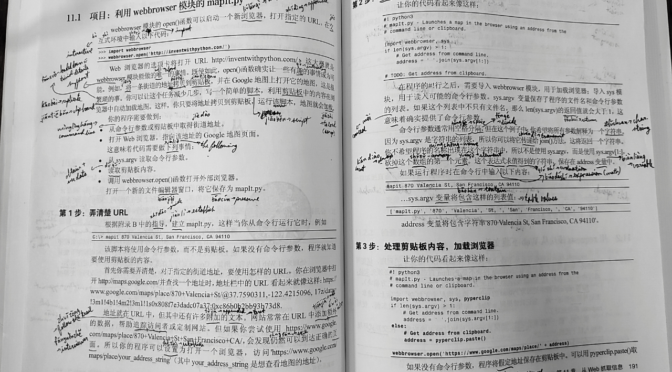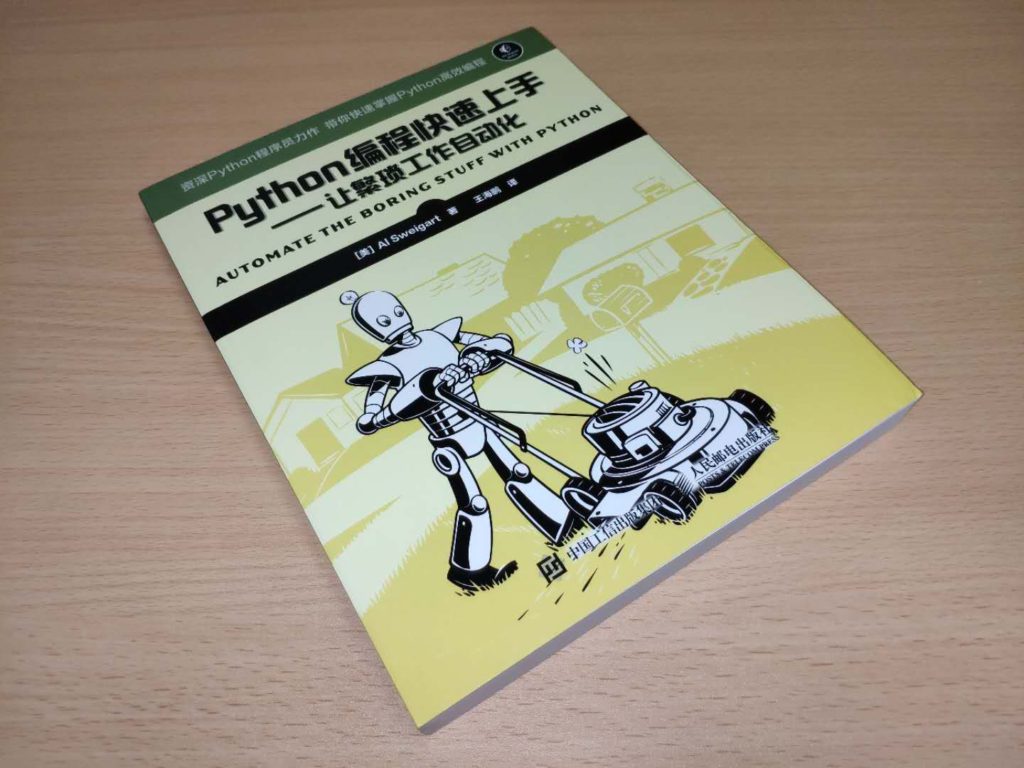With only a few days left in December I think it’s fair to say that I’ve failed in my goal to finish the HSK 5 books by the end of this month. It would be a stellar achievement to be able to flip through the books and say that I know the necessary characters, words and grammatical points in order to pass the test, but that’s not going to happen.
Rather, I do pride myself on the fact that I have switched gears a little bit, moving from a primarily textbook-based, solo effort, to a more communicative and practical approach. By that I mean, since mid-year I’ve been meeting with a teacher online once a week to go through speaking and grammar exercises.
The other thing I’ve started is reading some “practical” sources instead of just my textbooks and the odd novel or newspaper I’ve picked up along the way. Though I’ll still read the newspaper every now and then, I’ll admit that it’s not something I do very often even in English,, so why would I expect myself to do that in Chinese? (Yes, if I get the chance I’ll actually get a newspaper and read it, especially at the library, but those chances are few and far between.)
What do I mean by “practical”?
I was inspired a little bit by my students who often have to take “communication” classes in English, which is really just a cover for spoken English practice. They often have to complete this communication class alongside their other classes that comprise their actual major. I figured if they could do it, why couldn’t I give it a try? In a way, I’m looking to complete a university semester’s worth of material on a part time basis. And so, with that, I’ve started to look at Al Sweigart’s Automate the Boring Stuff with Python in Chinese.
Back to that again, huh? So how’s it going? (See my articles on picking up Python from earlier in 2020.)
I’m surprised at how much I’m able to actually read and understand on my own, without a dictionary. But, given the subject content, I can’t say I know all of the words.
Am I learning any Python along the way?
It’s helping, as I’m having to read everything three or four times. Once for gist and to underline the words I don’t know. A second time to translate those words. A third time to make sense of everything, both in terms of Chinese language and in terms of Python programming. And then a fourth time out loud to practice my spoken language. After all of that is said and done, I can say it is getting easier.
So what will happen with my HSK 5 studies?
I’m in no rush to get through those books as long as I’m making progress in other areas. The studies I do with my teacher are similar to an HSK 4 level, which means I can solidify those characters and words in addition to those grammar points. I see the overlap and I’m glad because the HSK tests tend to put a bit of emphasis on proper grammar.
Further, the one other success I see that I’m having is learning the words for all of the grammatical points. I’m sure you’ll be amused to learn that I’ve had to re-learn all of the grammatical parts of sentences in order to understand how Chinese sentences are structures. From the simple things like nouns and verbs to the more “complicated” words of “predicate” and “directional complement”, things I haven’t had to think about since Grade 6 Language Arts (English does not have a directional complement but it does have other types of complements), I’ve at least been able to learn the words for these elements in Chinese.
| Noun | 名词 ming2ci |
| Verb | 动词 dong4ci2 |
| Subject | 主词 zhu3ci2 |
| Object | 受词 shou4ci2 |
| Adjective | 形容词 xing2rong2ci2 |
| Adverb | 副词 fu4ci2 |
This might seem like a no-brainer to learn but, by learning these simple words, reading the instructions in Chinese just became so much easier. And the examples stand out so much more than they did when I was reading the explanations in English.
As things are going right now, I should be finished my class textbook by the end of June, barring any missed classes.
As for the Python stuff, although I’m trying to combine both subjects into one, I’m more looking to practice my Chinese language skills rather than directly derive Python code from the book. But by reading the book in Chinese, I’m still able to think about how to implement Python into my workflow.
And so that’s how my Chinese studies stand as of the end of 2020. I’ve stopped tracking how much time I’ve spent each day mainly because it became a roadblock to actually sitting down to do the work. Instead of just sitting down to study or read, I’d be thinking about how much time I had or if I’d pressed start or stop on the stopwatch. So I decided to just get rid of it and make it easy on myself.
And with that, let’s aim for a strong finish into the end of the year!

